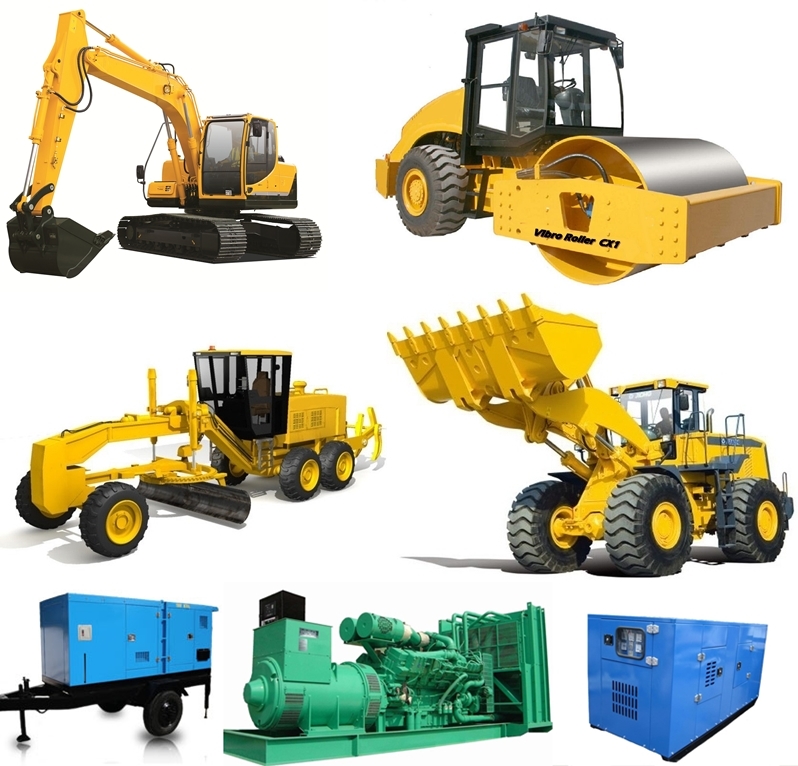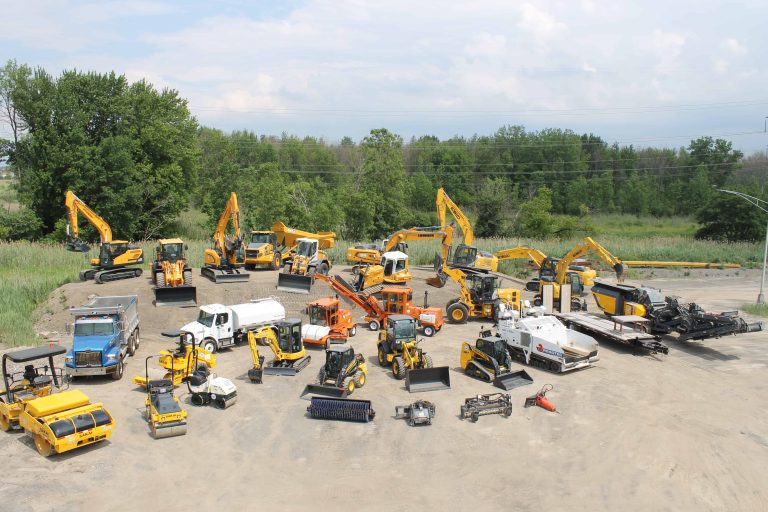Dozer Rental: Powerful Earthmoving Tools for Your Construction Requirements
Dozer Rental: Powerful Earthmoving Tools for Your Construction Requirements
Blog Article
Optimize Your Budget Plan by Recognizing the Prices Related To Construction Equipment Services
Recognizing the full extent of prices related to building and construction equipment rentals is essential for optimizing your budget. While the preliminary rental charge might seem simple, various additional expenses-- such as transportation, fuel surcharges, and upkeep-- can rapidly accumulate, influencing your monetary preparation. Moreover, knowing different costs and the complexities of rental agreements can assist prevent unanticipated financial burdens. What strategies can be utilized to successfully handle these costs and make sure a more effective rental experience?
Summary of Rental Costs
When taking into consideration construction devices leasings, comprehending the linked prices is paramount for reliable budgeting and task planning. Rental expenses can differ dramatically based on several factors, including equipment type, period of service, and area. The first rental charge often reflects the devices's market demand and its connected operational capacities, affecting the overall cost.
In enhancement to the base rental rate, secondary expenses might develop, such as transport fees, gas additional charges, and maintenance costs. It is important to represent these extra expenditures to precisely evaluate the total price of renting tools. Moreover, the rental period can impact rates; longer leasings might certify for discounted rates, while short-term leasings might sustain greater day-to-day costs.

Failure of Rental Prices
A detailed understanding of rental prices is necessary for contractors and task managers intending to enhance their budgets. Rental rates for building and construction equipment commonly consist of numerous parts, consisting of base prices, time-based fees, and use charges.
Base rates are the core charges connected with the rental of the equipment, usually figured out by the type and dimension of the machinery. These rates can differ dramatically, affected by factors such as equipment demand, accessibility, and regional market patterns. Time-based fees, which may be daily, weekly, or monthly, serve to accommodate various project timelines and rental durations.
Additionally, rental prices might include usage charges, which are relevant when tools is utilized beyond a specified limit, guaranteeing that the rental company can make up damage. Seasonal demand fluctuations can likewise impact rental rates, with peak construction seasons typically commanding higher costs.
Additionally, comprehending the rental firm's policies concerning maintenance and insurance coverage can offer additional understanding into the general price framework. By evaluating these elements, professionals can make enlightened choices, making certain the option of rental equipment lines up with both task requirements and budget restraints.
Added Costs to Think About
Recognizing the intricacies of extra fees is crucial for contractors to handle their overall leasing expenditures effectively. Beyond the conventional rental prices, various supplemental charges can dramatically influence the complete expense of equipment leasing. These fees frequently consist of delivery and pickup costs, which can differ based upon range and logistics entailed in moving the tools to and from the task site.
Additionally, some rental companies might heavy duty forklift rental enforce gas surcharges if the devices is returned with much less fuel than when rented. It is likewise vital to know potential cleansing charges, particularly for specific equipment that needs detailed upkeep after use.

Completely evaluating the rental contract see page and making clear these added costs in advance can assist service providers make sure and prevent unforeseen costs that budgets continue to be undamaged throughout the task lifecycle.
Repair And Maintenance Expenses
Routine upkeep and fixing expenses are frequently forgotten factors that can considerably influence the general expense of building and construction tools services. When leasing tools, it is critical to take into consideration not just the rental fees but additionally the prospective expenses associated with keeping the equipment in ideal operating problem.
Many rental companies consist of basic upkeep as part of the rental agreement; nonetheless, much more unexpected malfunctions or extensive fixings can bring about added expenditures. It's vital to evaluate the rental agreement very carefully to comprehend what upkeep solutions are covered and what obligations fall on the renter.
Moreover, tools that is not well-maintained can result in inadequacies on the job site, possibly enhancing and triggering delays task prices. To alleviate these risks, it is recommended to perform routine assessments and maintain open interaction with the rental service provider pertaining to any kind of problems that occur during use.
Insurance Policy and Responsibility Prices
Insurance and liability expenses are critical elements that can substantially affect the general expenditure of construction devices rentals (scissor lift rental). These costs make certain that both the rental firm and the customer are secured from possible financial losses emerging from accidents, damage, or burglary during the rental period

Furthermore, clients need to know any kind of deductibles or exclusions reference in the insurance coverage, as these can influence prospective out-of-pocket expenses. Understanding the terms of any kind of insurance policy protection is important to stay clear of unforeseen costs. Eventually, budgeting for insurance policy and liability expenses can help ensure a smoother rental experience and shield against financial threats related to construction jobs.
Final Thought
In final thought, a comprehensive understanding of the prices associated with construction tools rentals is crucial for effective spending plan monitoring. Ultimately, educated decision-making relating to tools rentals contributes to the overall success of building and construction endeavors.
Rental prices can vary considerably based on numerous variables, including tools type, period of service, and area (scissor lift rental). The rental period can affect prices; longer leasings might certify for discounted rates, while short-term leasings may incur higher day-to-day fees
By performing extensive study and involving with respectable rental business, professionals can efficiently browse the complexities of rental rates, inevitably maximizing their economic sources.
Past the standard rental rates, numerous extra charges can significantly influence the total cost of equipment leasing. Rental business commonly give liability insurance policy that covers injuries to 3rd parties or damages to residential or commercial property, while tools damages insurance can cover the price of repairs or replacement if the leased equipment is damaged.
Report this page